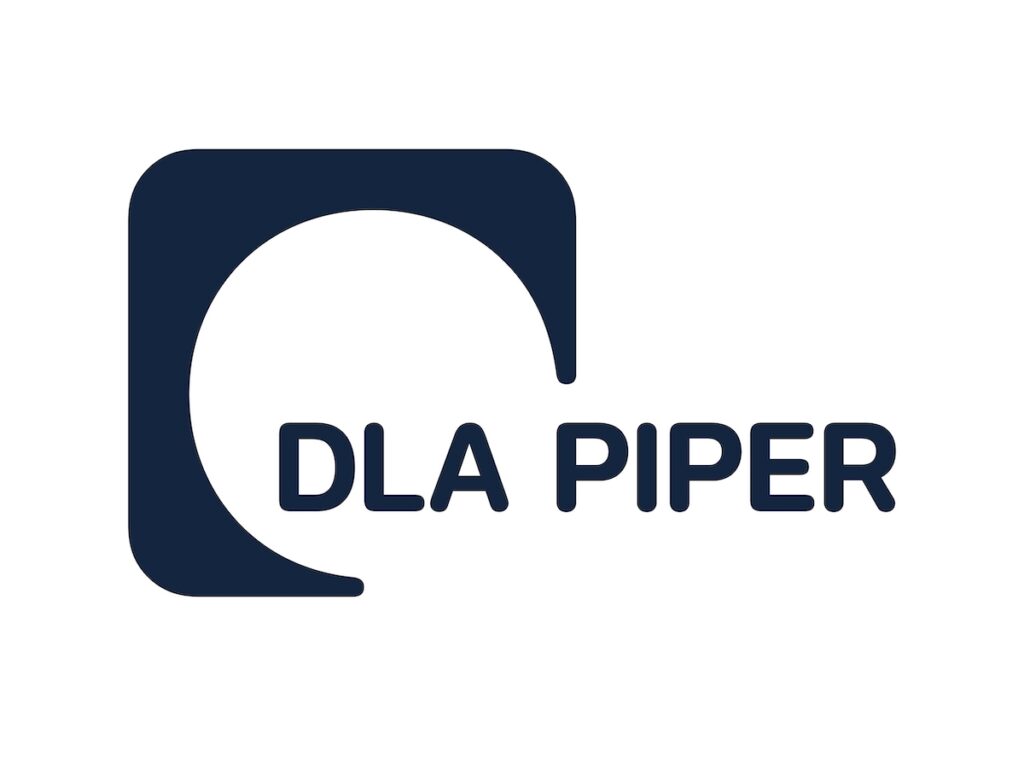Evolving Healthcare Transaction Regulations: A 2025 Overview
As state governments ramp up efforts to regulate healthcare transactions, the landscape of the industry is shifting significantly. In a bid to reduce the influence of private equity firms and corporate investors on healthcare providers, at least 15 states have enacted various forms of healthcare transaction review laws. Furthermore, many states are extending these regulations into 2025. This trend indicates both challenges and strategic opportunities for healthcare organizations and investors.
The Rationale Behind Stricter Regulations
State lawmakers are motivated by a desire for greater transparency, improved patient care, and stability in the healthcare market. Concerns have grown over the long-term ramifications of consolidation and the role of private equity in healthcare decisions. Increased scrutiny stems from high-profile cases involving bankruptcies of private equity-backed hospital systems that sparked public outcry and legislative responses.
Key Legislative Changes in 2025
Several states are taking decisive actions:
-
Massachusetts: The newly enacted House Bill 5159 broadens healthcare transaction notification requirements, including significant equity investments.
-
New Mexico: Effective July 1, 2025, House Bill 586 mandates a 120-day pre-closing notice and approval from the New Mexico Health Care Authority for certain transactions.
[link-whisper-related-posts] -
Illinois: Senate Bill 1998 is proposed to impose additional scrutiny under the existing Illinois Antitrust Act, particularly for transactions involving private equity funding.
-
California: The California Assembly passed AB 1415, requiring 90-day written notice from “Noticing Entities” before entering specific agreements. This bill is instrumental in shaping new requirements for transactions with healthcare entities.
- Pennsylvania: Proposed Senate Bill 322 and House Bill 1460 would empower the Attorney General to oversee various healthcare transactions, expanding its authority significantly.
Corporate Practice of Medicine (CPOM) Legislation
Certain states are also enhancing restrictions on corporate practice of medicine (CPOM), affecting common management structures:
-
Oregon: Enacted Senate Bill 951, which enforces stricter compliance requirements, particularly affecting management service organizations (MSOs).
- North Carolina: Introduced Senate Bill 570, asserting that medical decisions must remain under the control of licensed professionals without interference from unlicensed entities.
The Impact of Recent Events
Legislative changes have been notably influenced by financial hits experienced by private equity-backed healthcare entities. For example:
-
The collapse of Steward Health Care in Massachusetts led to the praise of House Bill 5159 as a means to safeguard patient care and enhance transparency.
- Following the bankruptcy of Prospect Medical Holdings, Pennsylvania’s proposed laws reflect a growing skepticism concerning private equity’s motives in healthcare.
Future Regulatory Trends
Anticipate continued momentum in legislation. High-priority states like California, New York, Texas, Florida, and Massachusetts are likely to set trends for others to follow.
While many current laws do not outright ban private equity investment, they heighten scrutiny of corporate involvement in healthcare. This growing regulatory environment is only expected to expand in 2026 and beyond.
Strategic Considerations for Healthcare Organizations
Navigating this evolving landscape of regulations will require proactive measures:
-
Transaction Timeline Planning: Given the extended notification periods (up to 120 days), organizations should recalibrate their transaction timelines.
-
Multi-State Compliance Strategy: For entities operating across various states, a comprehensive plan accommodating varying regulations is crucial.
-
Proactive CPOM Compliance: Engage in audits and refresh transaction documents to ensure adherence to new laws, potentially gaining favor from government authorities.
- Stakeholder Engagement: Cultivating relationships with regulatory officials can smooth transaction reviews and provide insights into agency priorities.
Conclusion
With legislative landscapes evolving, healthcare organizations and investors must keep an eye on new regulations while adapting their strategies accordingly. The emphasis on safeguarding patient care and ensuring market integrity will continue to shape the healthcare sector in the years ahead. Keeping abreast of these changes and engaging proactively will be essential for staying compliant and maintaining trusted relationships within the healthcare ecosystem.
For more insights into healthcare legislation, visit HealthCare.gov and stay informed on how these regulations might impact your organization.


